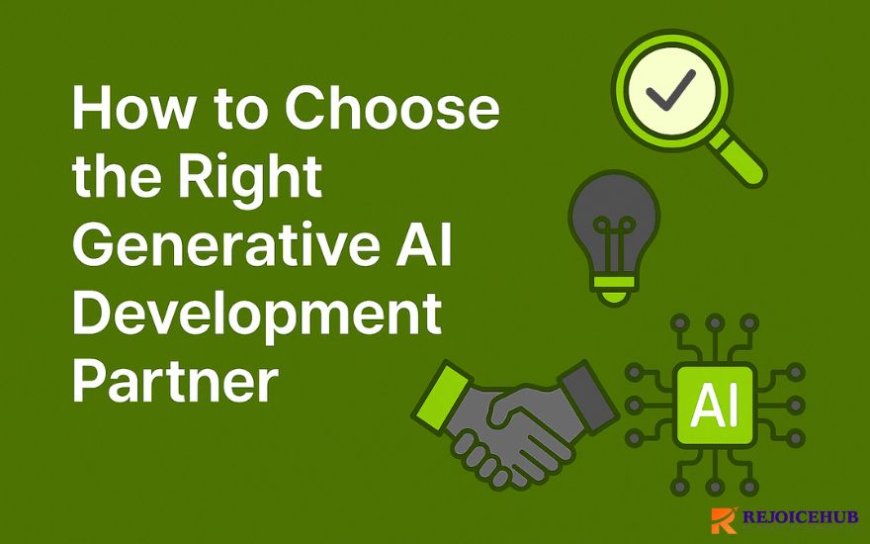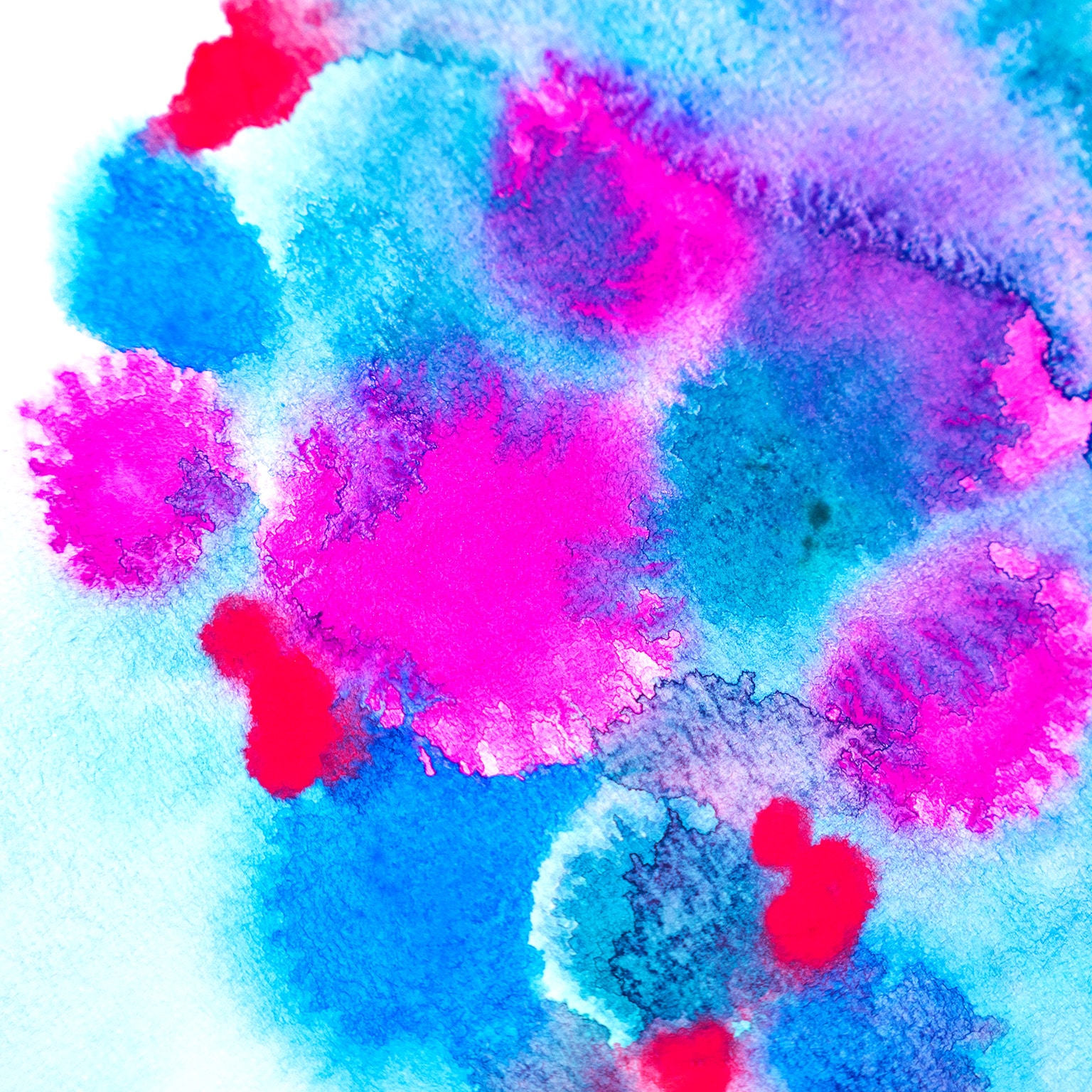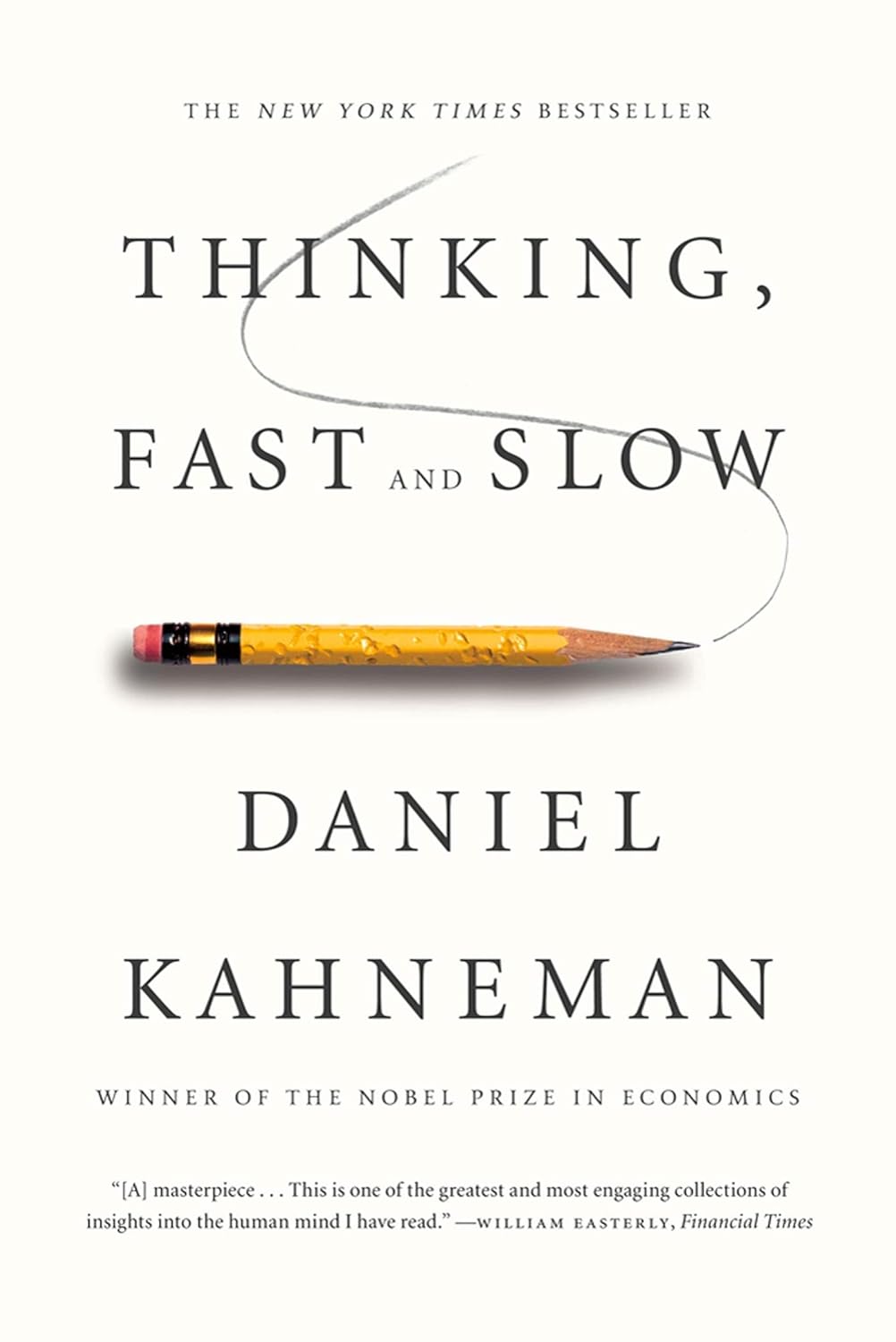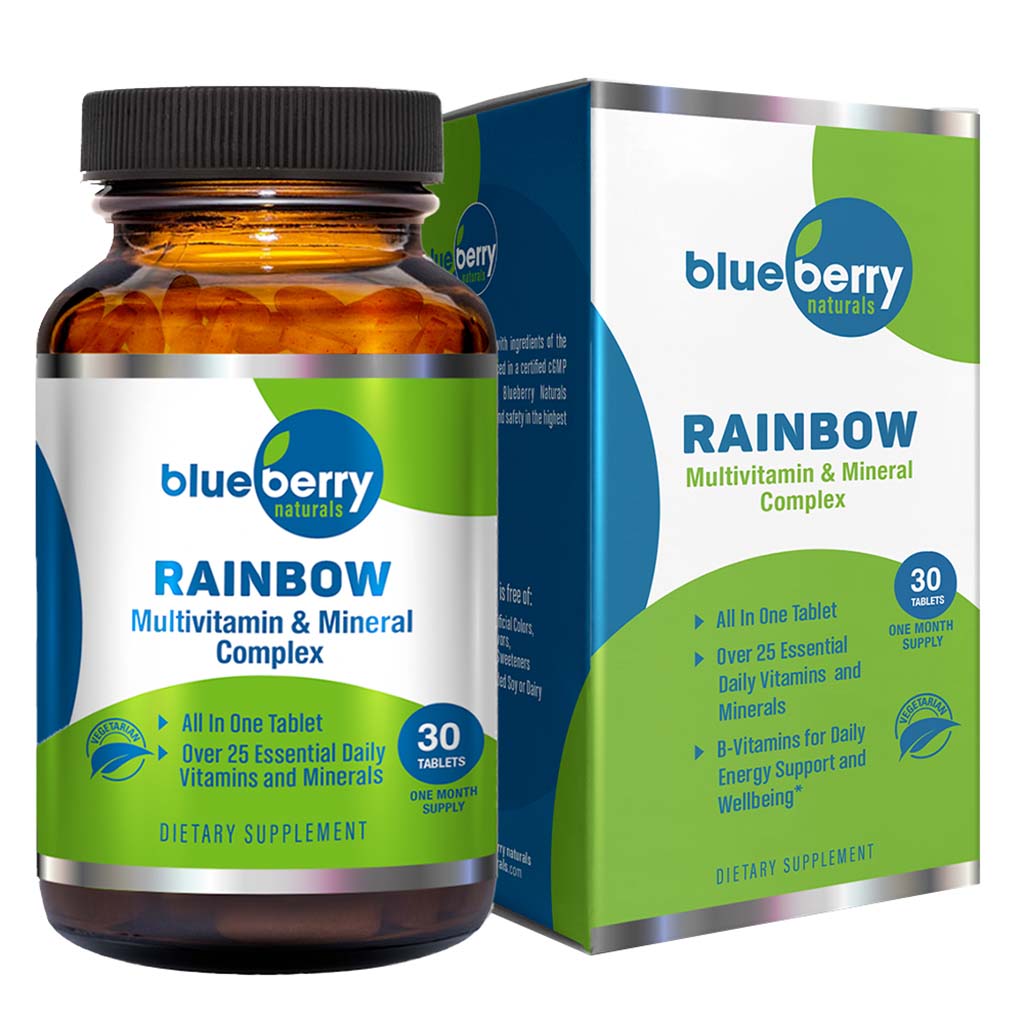How to Choose the Right Generative AI Development Partner
Learn how to choose the right generative AI development and consulting services partner for secure, scalable, and custom AI solutions in 2025.

In 2025, generative AI is no longer a novelty it’s a necessity. From automated content generation to building intelligent agents and AI copilots, businesses are harnessing generative AI to innovate faster and operate smarter.
But tapping into this potential requires more than just the right tools — it requires the right development partner. Choosing a generative AI development services provider is a strategic decision that can define the success (or failure) of your AI initiatives.
In this blog, we break down how to choose the right generative AI development partner step by step.
Why the Right Partner Matters
A good generative AI services provider does more than write code. They:
-
Understand your business goals.
-
Offer strategic and technical guidance.
-
Bring experience with models, deployment, compliance, and scaling.
-
Build secure, ethical, and future-proof solutions.
The wrong partner? They could waste your time, budget, and even damage your brand reputation.
Key Factors to Consider
1. Experience With Generative AI Models
Look for partners with hands-on expertise in:
-
Large Language Models (LLMs) like GPT-4, Claude, LLaMA, Gemini.
-
Diffusion models for image, video, or music generation.
-
Fine-tuning and prompt engineering.
-
Retrieval-Augmented Generation (RAG) and multi-agent orchestration.
Ask for case studies or demos. Have they built tools, chatbots, or agents using generative AI? Results matter more than buzzwords.
If you're working with a generative AI consulting services team, confirm they’re up-to-date with the latest model trends and technologies.
2. Custom Solutions vs. Prebuilt Tools
Determine if they:
-
Build custom AI agents tailored to your needs, or
-
Merely configure off-the-shelf tools with a few prompts.
Custom solutions often offer higher long-term value — but take more skill to build. Your choice should match your vision and desired level of control.
3. Security, Ethics, and Compliance
Your AI must be secure and trustworthy.
Check if the partner:
-
Implements data privacy standards (GDPR, HIPAA, SOC 2, etc.).
-
Includes guardrails to prevent hallucinations or bias.
-
Has internal AI ethics policies.
-
Supports human-in-the-loop (HITL) if needed.
A reliable generative AI development services provider will have transparent practices for risk mitigation and compliance.
4. Scalability and Infrastructure Expertis
Can they help you go from MVP to global rollout?
Your ideal partner should:
-
Offer cloud-native deployment (AWS, Azure, GCP).
-
Support APIs, containerization, and CI/CD for fast iteration.
-
Be familiar with vector databases, orchestration tools, and MLOps.
This is where experienced generative AI consulting services can help architect a scalable, cost-effective solution from day one.
5. Ongoing Support and Optimization
AI systems require updates and feedback loops.
Choose a team that provides:
-
Post-launch monitoring.
-
Usage analytics and model performance tuning.
-
Prompt and model updates as tech evolves.
-
Training for your in-house teams.
Top-tier generative AI services often include post-deployment optimization as part of their package.
6. Cultural Fit and Communication
AI projects are iterative and collaborative.
Ask:
-
Are they proactive communicators?
-
Do they explain technical things clearly?
-
Do they align with your team’s values and workflow?
Schedule a trial project or pilot phase to test the collaboration dynamic.
Questions to Ask Before Signing a Contract
-
What similar projects have you completed recently?
-
What LLMs or AI frameworks do you specialize in?
-
Can you support production-grade deployments?
-
What’s your data handling and privacy policy?
-
What’s your timeline and cost structure?
Red Flags to Watch Out For
-
Overpromising results (e.g., “We’ll build ChatGPT in 2 weeks!”)
-
No demos or working case studies.
-
Vague about data handling or legal compliance.
-
Relying only on no-code/low-code AI builders.
-
Poor responsiveness during initial meetings.
Bonus: Where to Find the Right Partner
Explore these sources:
-
AI-focused development firms like Akkio, Turing, and Deeper Insights.
-
Top AI marketplaces (Toptal, Upwork AI Pros).
-
Referrals from trusted advisors or VCs.
-
Technical communities (Hugging Face, GitHub, Reddit r/MachineLearning).
These platforms can help you find vetted experts in generative AI development services or consulting roles.
Final Thoughts
Choosing the right generative AI development partner is not just a technical decision it's a strategic investment in your company's future. Take the time to vet partners thoroughly, and focus on long-term collaboration, not short-term hacks.
The right partner will not just build what you ask for they’ll help you build what you need to succeed.



































































































![Coaching and Discovery in Product. What High-Performing Teams Are Doing Differently [TPG Live Recap]](https://tpgblog.com/wp-content/uploads/2025/05/2025-05-08-thumbnail-action.png?#)








![Building A Digital PR Strategy: 10 Essential Steps for Beginners [With Examples]](https://buzzsumo.com/wp-content/uploads/2023/09/Building-A-Digital-PR-Strategy-10-Essential-Steps-for-Beginners-With-Examples-bblog-masthead.jpg)

















































